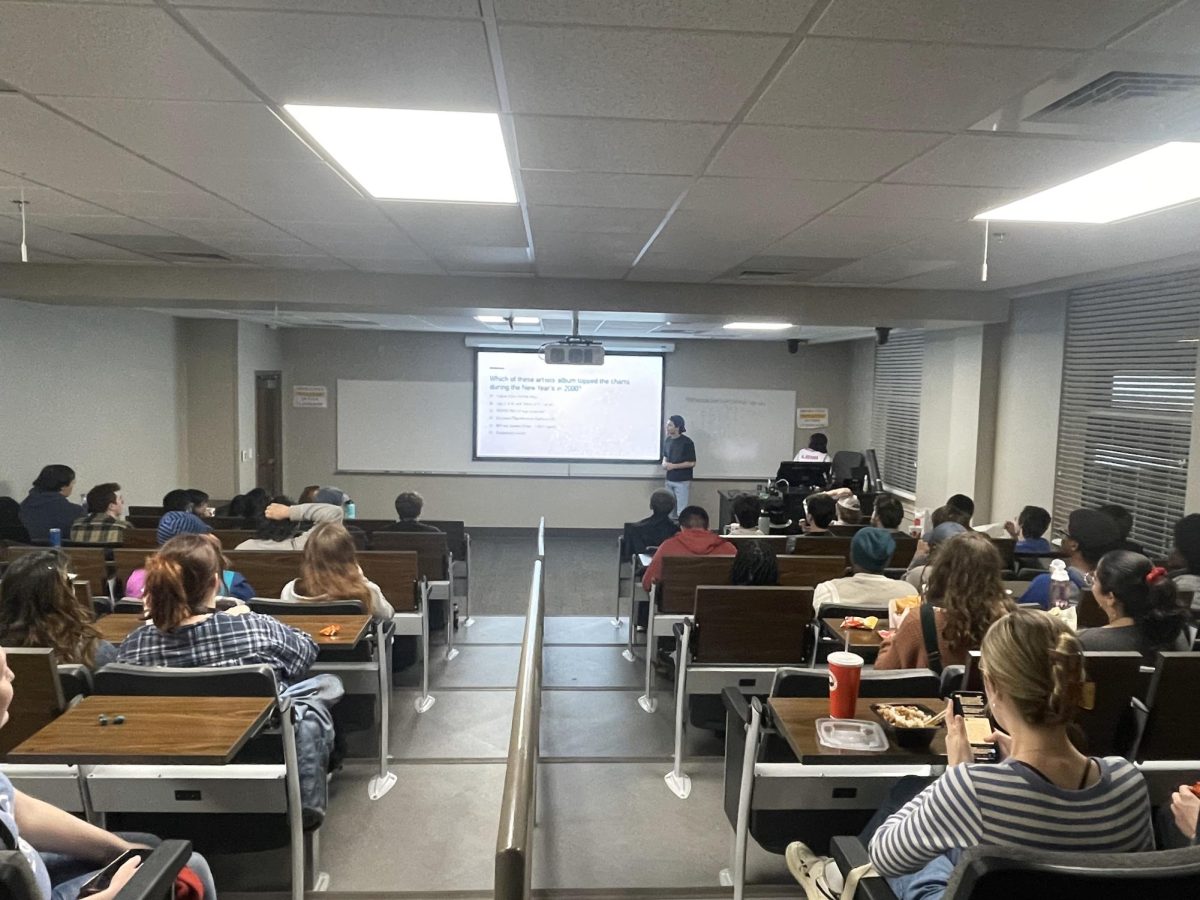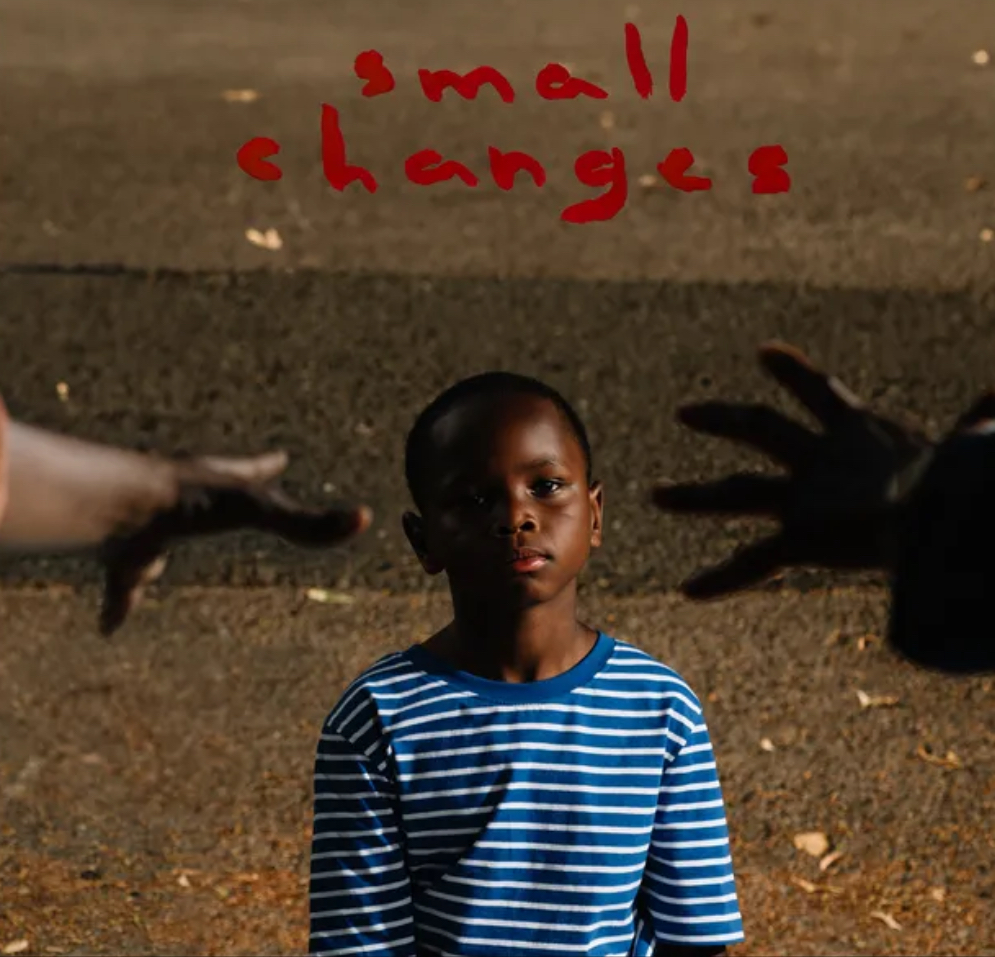Project Health, a student organization dedicated to educating students on different health topics each week, is dedicating an entire week to promoting its spring break campaign to students at The University of Alabama.
“Project Health is really pushing for a fun, safe spring break,” said Kenya Donovan, director of health advocates for Project Health. “We know that students go on spring break and drink, but we want them to really watch what they are doing and know their limits.”
Donovan and the Health Advocates have a table set up for students to sign the safe spring break pledge in the Ferguson Center and the Health Hut around campus.
(See also “Health Hut takes ‘Cash Cab’ approach to students’ health education“)
“Students can sign saying that they will be safe and more conscious of what they are doing this spring break,” Donovan said.
Safe Spring Break Week is not just for students who are going to drink on their trip. Project Health is promoting sun safety, alcohol safety, sexual health and travel safety tips.
“We really just want students to be as prepared as possible,” said Jessica Vickery, the advisor for Project Health. “We have the pledge encouraging students to not drink and drive, drink water and make sure to protect their skin from the sun.”
Reale Snorton, the director of public relations for Project Health, said she would like to see more college campuses push this kind of positive influence to students.
“From what I have seen, we have had a great turnout at our events this week for safe spring break,” Snorton said. “I think that we can set an example to other colleges to promote this same type of influence.”
(See also “Project Health continues to educate“)
When students come to the table events or the Health Hut during this week, they can win a free T-shirt by answering a few questions intended to help educate them on how to be safe during the break. One of the main practices Project Health wants to promote is safe sex.
“We know students are more likely to be promiscuous when they are drinking, leading to issues like unprotected sex,” Vickery said.
According to the Center for Disease Control and Prevention, 70 percent of college students are more likely to engage in sexual activity while drinking than they would normally. Project Health urges students to be aware of such statistics.
“We just want everyone to have the best spring break while they are being safe,” Snorton said. “I hope to set an example while I am on break.”
(See also “Swagon provides free ride, health education“)








